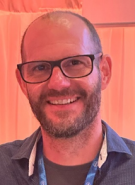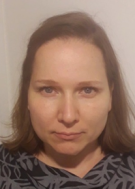Joint PSI/EFSPI Visualisation SIG 'Wonderful Wednesday' Webinars
Our monthly webinar explores examples of innovative data visualisations relevant to our day to day work. Each month a new dataset is provided from a clinical trial or other relevant example, and participants are invited to submit a graphic that communicates interesting and relevant characteristics of the data.






